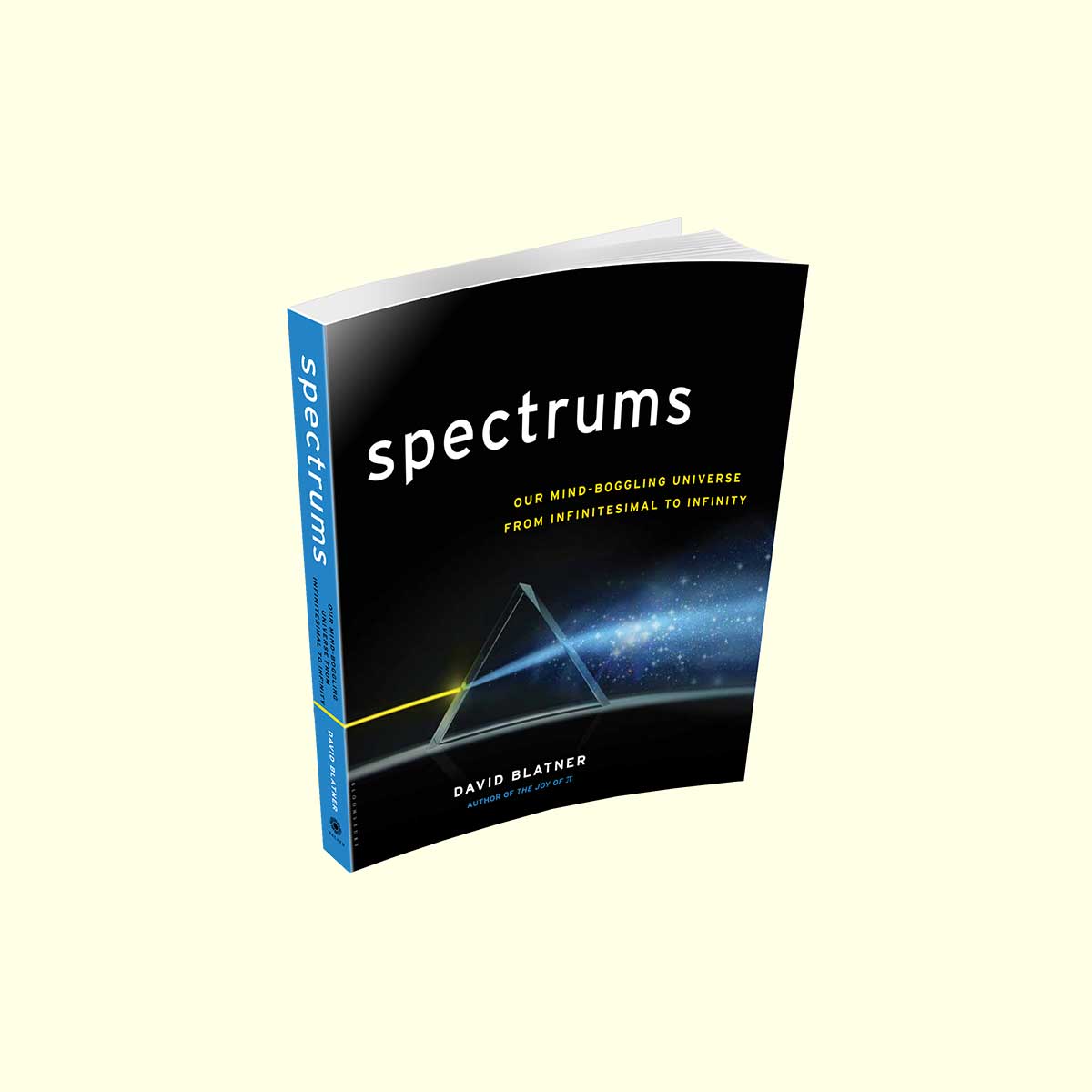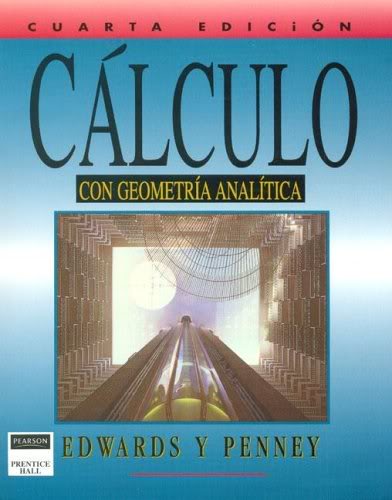


In more advanced hyperreal systems you can even have a hierarchy of infinitesimals $\alpha, \beta, \gamma, \ldots$ where $\beta$ is smaller than anything constructed out of $\alpha$, whereas $\gamma$ is smaller than anything constructed out of $\beta$, etc. For example if $\alpha$ is a "base" infinitesimal (Cauchy used $\alpha$ for an infinitesimal) then the infinitesimal $\alpha^2$ will be "infinitely smaller" compared to $\alpha$, and so on: $\alpha^3, \ldots, \alpha^n, \ldots$ In more detail, the fact that such a number system, usually referred to as a hyperreal number system, is an elementary extension of the reals implies in particular that you have an entire hierarchy of infinitesimals. For a freshman-level introduction see Elementary Calculus. (3) In the modern axiomatisation, ZFC, of Cantorian infinities outlined in item (1) above, it is very easy to construct suitable proper extensions of the real number system that contain infinitesimals and can serve a basis for calculus and analysis with true infinitesimals in the spirit of Leibniz, Euler, and Cauchy. Today we still live with widespread negative attitudes toward modern theories of infinitesimals that arguably stem from Cantor's hostility that was given currency by no less a heavyweight than Bertrand Russell, who was just as confused as Cantor on the issue. Department of Mathematics, University of Padova, 1991: Visiting Professor. National University of Singapore, 1980, 1982: Visiting Fellow. Not only did he not think that "his infinities" do not imply infinitesimals, but he was also convinced that infinitesimals were self-contradictory, and actually published an article allegedly "proving" this. Polish Academy of Sciences, 1975: Visiting Fellow. (2) Cantor's own attitude was one of virulent hostility toward infinitesimals, as noted by his biographer Joseph Dauben. The resulting axiomatisation is denoted ZFC. The word continuous derives from the Latin continre meaning to hang together or to cohere this same root gives us the nouns continentan expanse of land unbroken by seaand continenceself-restraint in the sense of holding oneself together. This is usually taken to include the Axiom of Choice. When a function f ( x ) can be made as close as desired to L by taking x close enough to a, then L is the limit of f ( x ) as x approaches a. (1) In modern mathematics it is customary to interpret "Cantor's infinities" in terms of a traditional set-theoretic axiomatisation called the Zermelo-Fraenkel set theory. In the 1800s, calculus was put on a firmer footing by Augustin Cauchy, Karl Weierstrass, and others, who clarified and redefined the notion of a limit without reference to infinitesimals. So I will (1) define what this means in modern mathematics, (2) mention Cantor's own attitude, and (3) give an affirmative answer to the question. Among the explicit opinions against the actual infinite and infinitesimals, we report those of Poincar and of Russell. The OP asked "Do Cantor's infinities imply a multitude of infinitesimals?" The question is a bit ambiguous because it is not clear what the term "Cantor's infinities" refers to exactly.


 0 kommentar(er)
0 kommentar(er)
